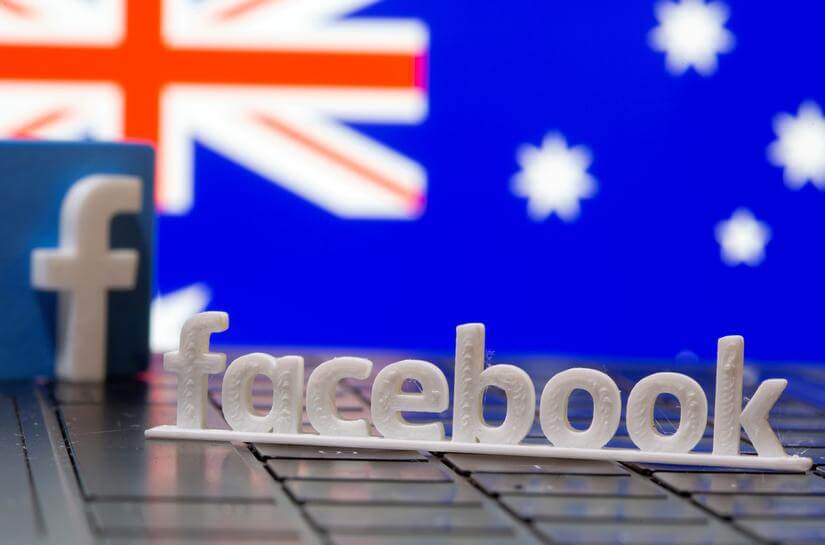Frontlist | Facebook and Google could lose bargaining power under upcoming US bill to help news outlets
Frontlist | Facebook and Google could lose bargaining power under upcoming US bill to help news outletson Mar 12, 2021

The U.S. bill would be introduced at a time when Australia is in a pitched battle with Facebook. The social media giant blocked news feeds and other pages - including those of charities, and health and emergency services - as part of a dispute over a proposed law that would require it and Google to pay news outlets whose links drive traffic to their platforms, or agree on a price through arbitration.
Bipartisan members of Congress plan to introduce a bill in coming weeks to make it easier for smaller news organizations to negotiate with Big Tech platforms, said Rep. Ken Buck, the top Republican on the House Judiciary Committee's antitrust panel. The U.S. bill would be introduced at a time when Australia is in a pitched battle with Facebook. The social media giant blocked news feeds and other pages - including those of charities, and health and emergency services - as part of a dispute over a proposed law that would require it and Google to pay news outlets whose links drive traffic to their platforms, or agree on a price through arbitration. Buck, who was named the ranking member this month, told Reuters on Thursday the panel would bring out a series of antitrust bills and the first one in the coming weeks would allow smaller news organizations to negotiate collectively with Facebook and Alphabet's Google. Read More - Maharashtra education minister meets parents, teachers to convince them for offline board exams 5 books to dive into for Women’s History A Biography of the Woman Who Will Re-Engineer Humans Social media companies use news to attract customers and have been accused by news publishers of not sharing enough advertising revenue with them. The legislation could boost sales in the struggling news business. While Facebook has fought publishers, Google has struck deals with them in France, Australia and other countries. Google announced this week that it had agreed to a global deal with News Corp that involved significant payments to the news organization, in one of the most extensive deals of its kind. Smaller publishers using Google's ad sales technology have for years griped about their bigger competitors getting more favorable revenue-sharing deals from the search giant. The news industry is undeniably struggling, with employment at U.S. newspapers down by half since 2008 amid tumbling advertising revenue and changing media habits, according to data from Pew Research. Buck said the expected legislation would be similar to a 2019 bill co-sponsored by panel chair Rep. David Cicilline which would have allowed small publishers to band together to negotiate with big gatekeepers like Facebook and Google without facing antitrust scrutiny. Facebook, Google and Cicilline's office did not respond to requests for comment after working hours. That bill specified that only small publishers could take advantage of the group negotiation. What publishers have experienced is that platforms go to them one by one, make them sign NDAs and try to optimize per publisher without publishers being able to compare notes, said David Chavern, president and chief executive officer of the News Media Alliance, an industry trade group that is promoting the bill. Big national publishers probably have the capacity to get their own deals. If you look at smaller publishers, the only way to get some fair value is if they act together. In October, the antitrust subcommittee's majority report detailed abuses by tech giants such as Google and Facebook. In his own report, Buck and three fellow Republicans expressed interest in some changes in antitrust law aimed at strengthening enforcers. Buck said he wanted the focus to remain on the tech giants. The biggest threat to the free market economy is big tech and it (potential legislation) should be fairly tightly focused on that, he said. Source: telecom.economictimes.indiatimes.com


.jpg)






.jpg)

.jpg)
.jpg)
.jpg)
.jpg)
.jpg)










Sorry! No comment found for this post.